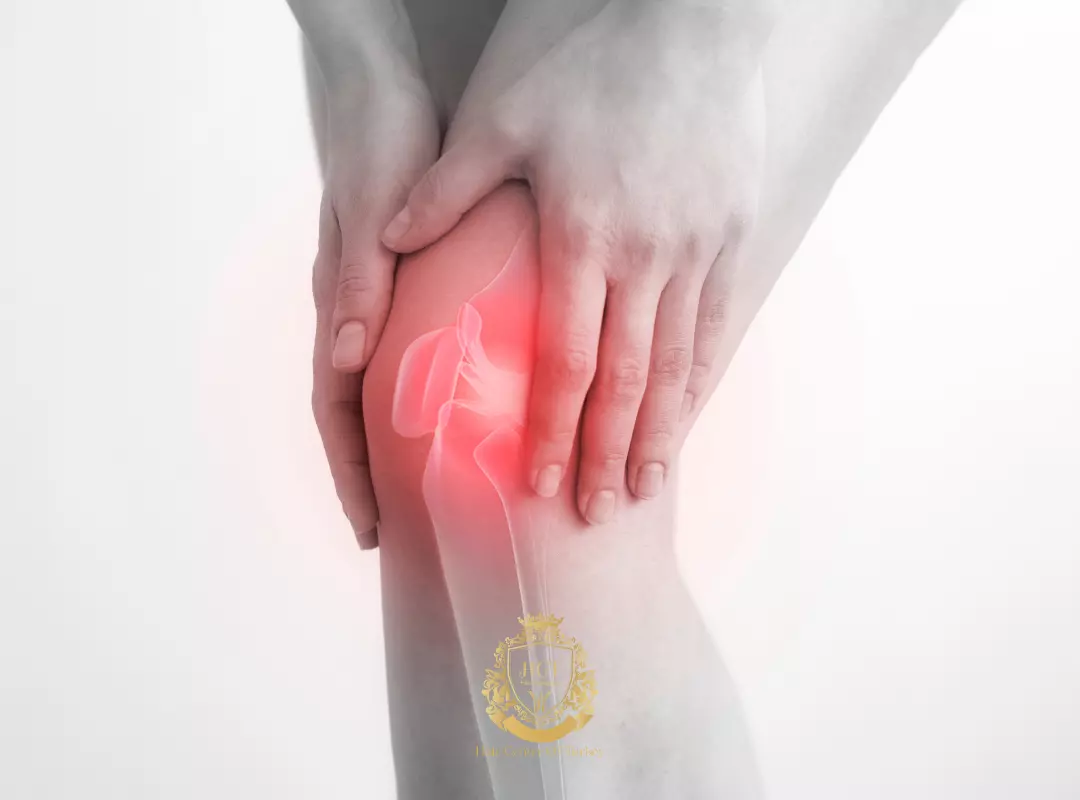
Can Lupus Patients Have Hair Transplant?
If you have lupus, a hair transplant may be possible, but only in carefully selected cases—usually when the disease is stable (in remission) and the scalp is healthy. The decision should be made with input from your rheumatologist and a dermatologist, because active inflammation, scarring, or medication factors can reduce graft survival and increase complications.
Table of Contents
Understanding Lupus And Why It Can Affect Hair
Systemic Lupus Erythematosus (SLE), often called “butterfly disease,” is an autoimmune condition. It can involve the skin and scalp, and it may also affect organs such as the kidneys, heart, brain, and joints. Because lupus activity can fluctuate, symptoms can intensify or ease over time.
Hair loss in lupus can happen for different reasons. Some people experience shedding during flare-ups, while others may develop scalp inflammation that damages follicles. When follicles are permanently damaged—especially in scarring forms of lupus—hair may not grow back without medical or surgical support.

Common Causes And Triggers
There isn’t one single confirmed cause of lupus. Genetics and environmental factors are commonly discussed contributors, and flares can be influenced by stress, illness, and other triggers.
For hair health, triggers matter because scalp inflammation is the main issue surgeons try to avoid when planning any transplant in autoimmune disease.
Lupus Symptoms That May Matter Before A Hair Transplant
Lupus can present with many symptoms, and not all are directly related to hair surgery. That said, a transplant plan should consider the overall disease picture, including:
- fatigue and recurrent headaches
- sun sensitivity
- joint pain or inflammation
- anemia or low white blood cell levels
- scalp redness, scaling, or patchy loss
- facial “butterfly” rash in some cases
If your scalp shows redness, scaling, tenderness, active sores, or rapid shedding, those are red flags that usually mean “pause and treat first.”
Diagnosis And Medical Follow-Up
Lupus is diagnosed with clinical assessment and laboratory testing. Because symptoms can overlap with other conditions, confirming the diagnosis and tracking disease activity with your medical team is essential before any elective procedure.
Treatment Basics And Lifestyle Factors
Lupus does not have a single, permanent cure. Treatment is tailored to disease severity and organ involvement, often aiming to reduce immune-driven inflammation and prevent flares. Lifestyle steps—like stress management, consistent sleep, and sun protection—may support stability for some patients.
For transplant planning, the practical goal is straightforward: stable disease, controlled inflammation, and a scalp environment that can heal well.

Can Lupus Patients Have A Hair Transplant?
Yes—some lupus patients can have a hair transplant, but it depends on timing, scalp condition, and medical clearance. The safest window is typically when lupus is in remission and there are no active scalp lesions. Proceeding during a flare or when lesions persist can raise the chance of poor growth and delayed healing.
When A Hair Transplant Is More Likely To Be Considered
A surgeon may consider you a candidate when:
- your lupus is stable and medically controlled
- your scalp shows no active inflammation, wounds, or infection
- the pattern of loss is suitable for transplantation (not widespread active scarring)
- your dermatologist and rheumatologist support the plan
- you understand the realistic limits and risks
Situations That Usually Require Delay Or Avoidance
Transplant is commonly postponed (or avoided) when:
- there is ongoing scalp redness, scaling, ulcers, or flare-related shedding
- the diagnosis suggests active scarring alopecia that is still progressing
- medication adjustments are needed to reduce surgical risk
- there is poor wound healing history or frequent infections
Key Risks To Discuss With Your Doctors
Even in remission, lupus can add extra variables. Topics worth discussing in a joint medical review include:
- wound healing and infection risk
- whether your current medications affect healing or bleeding
- the chance of triggering a flare from surgical stress
- graft survival in previously inflamed or scarred scalp areas
- whether additional biopsy or dermatoscopic evaluation is needed to confirm scalp stability
Choosing A Clinic And Team Approach
For complex cases, team-based evaluation matters. A clinic that collaborates with a dermatologist and anesthesia support can coordinate safety checks and plan around medical needs. Hair Center of Turkey positions itself as a boutique hair transplant clinic with a personalized VIP approach and multidisciplinary support for patients who may have dermatologic conditions.
FAQ
How to grow hair with lupus?
Control lupus activity with rheumatologist/dermatologist, protect scalp, correct deficiencies, consider minoxidil.
What should a person with lupus avoid?
Avoid sun/UV, smoking, missed meds, infections, excessive alcohol, and known flare triggers.
Does minoxidil work for lupus hair loss?
Sometimes; it can help non-scarring lupus hair loss, but not scarring discoid alopecia.
Can lupus affect the scalp?
Yes, lupus can inflame the scalp and cause scarring or non-scarring hair loss.
Can you get a hair transplant if you have lupus?
Yes, if lupus is stable and scalp disease inactive; specialist clearance is essential.
What vitamins help with lupus hair loss?
Treat deficiencies: iron, vitamin D, zinc, and B12/folate; avoid megadoses without testing.




